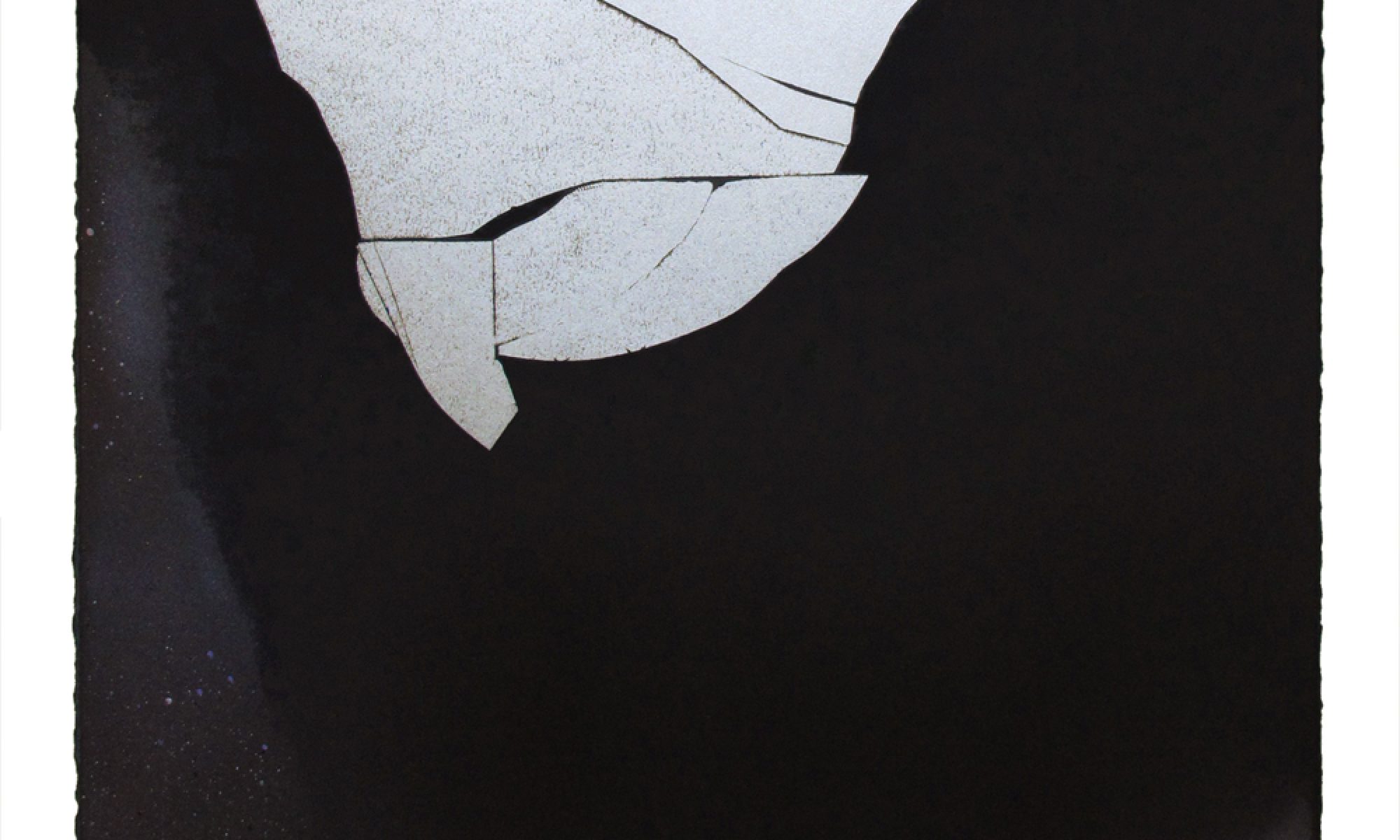While it is important to look out for others, it is also important to recognize when help can turn into hurt. Too often it is easy to accept an easy lie than to swallow a hard truth. A pivotal moment in The Space Traders by Derrick Bell calls attention to this phenomenon.
The dilemma faced in the story surrounds an event in which aliens come down to the United States and offer to exchange unforeseen bounties in return for the turnover of all Black people in America. The aliens do not give a reason for their demand, only that they will not enforce it, e.g. the choice is completely up to the leaders of the United States. Forced to consider the option of relinquishing the Black population of America for incredible treasures, the President of the United States convenes with his all-white cabinet plus an esteemed Black professor, Gleason Golightly, of the same party as his. Although Professor Gleason had agreed with many of the policies enacted by the conservative President, including those that seemed to be targeted against Black people, he remains opposed to the proposal that the American government should hand over the Black population to the aliens. In his address to the Anti-Trade Coalition, a group of black and liberal white politicians, Golightly explains his stance on the matter.
During his speech, Golightly says to the crowd, “I realize that our liberal white friends continue to reassure us. ‘This is America,’ they tell us. ‘It can’t happen here.’ … For them, liberal optimism is smothered by their life experience.” This quote resonated to me because it highlights a very important concept that stands in the way of social progressive moments – complacency. Golightly claims that the white liberals who are reassuring the Black people are not contributing to the cause which they claim to be in support of. Instead, they serve to dismiss any genuine worry and fear that stems as a result of what essentially is a representation of the systematic oppression that Black people have endured for years and years in America. Golightly continues on to say that it is easy for the white liberals to be so optimistic because they are clouded by their own positive life experiences when it comes to their interaction with Black people. In other words, they can’t fully experience what it’s like to experience life as a Black person living in America, and therefore struggle to fully empathize to their struggles.
This notion of ‘helping to hurt’ is significant because of the social implications it has in modern day society. You have people on social media reassuring other people who are disadvantaged in some form or another not to worry about the injustices that are occurring to them on the daily. What this serves to do is to create a false sense of hope for the disadvantaged people who may actually be adversely effected and to create an aura of complacency amongst the outsiders looking in. If outsiders are convinced that the issues occurring in society do not warrant reason for genuine worry and fear, then they are less likely to become involved in the matter and will instead ignore what could be a serious injustice.
While it is important to be able to empathize with a group of people who are in need of help, it is also crucial to understand what actions will hurt and which will help. Instead of appeasing the concerns of those who are deprived by society, we must seek to understand their concern and to aid them in overcoming it.
As Martin Luther King Jr. put it, “He who passively accepts evil is as much involved in it as he who helps to perpetrate it. He who accepts evil without protesting against it is really cooperating with it.”

I agree with you in that sometimes there’s not enough done in aiding civil rights. In those who’ve lived comfortably their whole lives, the abuse of other’s rights may might not seem like very pressing matters. But for those currently being affected, attacked, and discriminated against, the changes they’re praying for cannot come soon enough. Another quote from a black civil rights activist, Malcolm X, “If you stick a knife in my back nine inches and pull it out six inches, there’s no progress. If you pull it all the way out that’s not progress. Progress is healing the wound that the blow made. And they haven’t even pulled the knife out much less heal the wound. They won’t even admit the knife is there,” I think suits the situation you’re describing very well.
I would agree with your sentiment that certain reassurances about injustice can lead to a “false sense of hope for the disadvantaged people.” It is widely recognized that the first step in finding a solution to a problem is to acknowledge the existence of said problem. For instance, according to a Quinnipiac University poll conducted in March 2017, 66% of non-White Americans believe prejudice against minority groups in the US is very serious while only 39% of their White counterparts felt the same.
I agree that sometimes people can be so influenced by their own lives that they do not see the harsh realities that others face. It’s easy to say “I’ve never witnessed racism” as a white person, “so it must not be prevalent in society anymore.” However, if you lived the life a black person every single day, you’d see that racism was more prevalent than you thought. You’d have to acknowledge your blackness every time you apply for a job or interact with law enforcement. You’d be more aware of dirty glances, subtly racist remarks, and the lack of diversity in many workplaces.